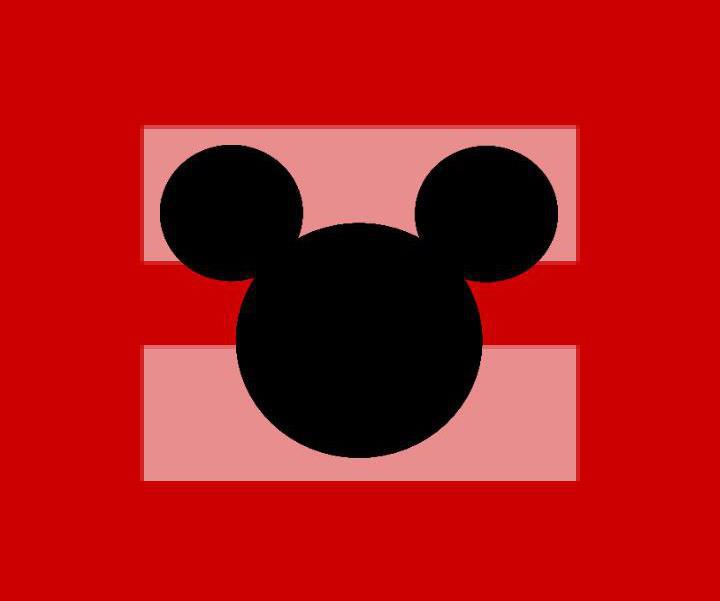By now everyone knows that Brendan Eich resigned as CEO of the tech company Mozilla after it was disclosed that he donated $1,000 to the campaign for Proposition 8, California’s 2008 ballot initiative against gay marriage.
Videos By Rare
The campaign to oust Eich has been denounced by such passionate gay marriage supporters as Andrew Sullivan, the journalist and blogger who by the 1990s emerged as perhaps the most important polemicist on behalf of gay rights, and The Atlantic’s Conor Friedersdorf.
“It turns out that Eich might have saved his job had he recanted, like all heretics must,” wrote Sullivan, whose 1995 book “Virtually Normal” argued in favor of gay marriage a year before Gallup found only 27 percent of the American people were in favor. “But given the choice of recanting, he failed.”
Making the losers of a legal and political debate—the Supreme Court has overturned Proposition 8, which would probably not pass today—lose their jobs is indeed illiberal and wrong. But there is a bright side: it proves that gays and lesbians have the power to fight discrimination using the free market.
Imagine if instead of targeting a CEO whose politics they disliked, the boycotts and public pressure fell on a company that was actively discriminating against gays. (Eich by contrast promised to work “with LGBT communities and allies” and pledged his “ongoing commitment to our Community Participation Guidelines, our inclusive health benefits, our anti-discrimination policies, and the spirit that underlies all of these.”)
If the co-founder of a company with gay-friend corporate policies and creator of JavaScript can be forced out of his job over views nobody seemed to realize he held, could not similar pressure be brought to bear on employers known to hire and fire gays for who they are?
Companies that alienate or even willfully turn away paying customers will pay a price in a competitive market. “The total buying power of the adult U.S. lesbian, gay, bisexual and transgender population is projected at $790 billion,” says the Human Rights Campaign, citing 2012 figures from Witeck Communications and MarketResearch.com.
Many industries have adopted generous benefits packages for same-sex couples not because of government regulation or political pressure, but because of competition for employees. This was true of the tech firm this writer worked for over a decade ago.
In a 2007 piece titled “Disney Legalizes Same-Sex Unions,” Reason’s Jesse Walker wrote about the company opening its theme park and cruise line “Fairy Tale Wedding” package to gay couples. At that time, gay marriage had yet to prevail in any state where it was put on the ballot. Gallup found that Americans still opposed same-sex marriage by a 53 percent to 46 percent margin, spiking to 57-40 during Barack Obama’s first year in office.
“It was the fact that two potential customers asked to purchase the service, and the company decided it had more to gain from saying yes than saying no,” Walker wrote. This was despite an eight-year gay rights-related boycott of Disney by the Southern Baptist Convention, the largest Protestant denomination in the United States.
Many activists are instead focused on a government-based approach to fighting discrimination, demanding that Congress pass the Employment Discrimination Act. But gay and lesbian Americans clearly already possess much of this power through organized boycotts, social pressure, and free enterprise.
Not every industry will be as responsive as the tech sector, of course. And it won’t be possible to combat every single incident of discrimination perpetrated by the smallest mom-and-pop store (though that will still be true even if a federal law is passed).
Others will point out that blacks did not just boycott companies with segregated lunch counters. They were eventually protected from discrimination by law. But the unique conditions of the Jim Crow South made it impossible for blacks to use market forces as fully as the gay community can today. For one thing, state laws and powerful social customs prevented it.
It will also be easier for the market to balance equal opportunity with the religious liberty concerns held by millions of Americans than it will be for government bureaucrats, who deal with one-size-fits-all regulatory scripts.
A fully free society will always have some discrimination, which others will be free to combat with the power of the purse.

